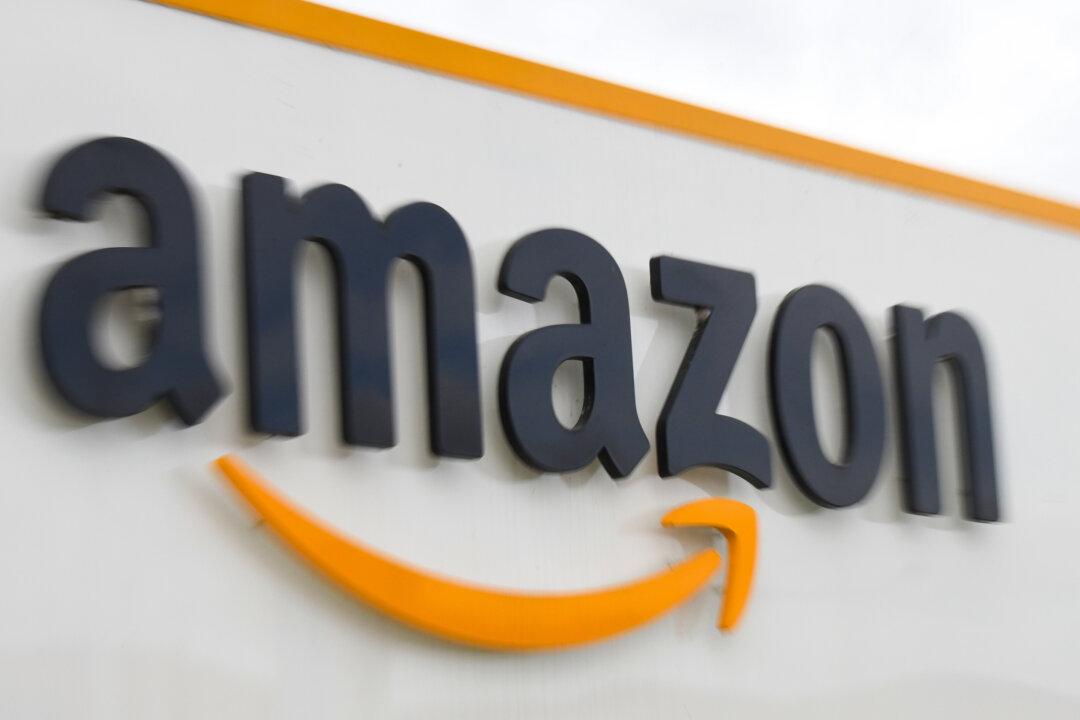Amazon has come under fire for selling clothes produced in blacklisted factories with unsafe working conditions.
In a new report by The Wall Street Journal, Amazon—the world’s largest online retailer—was found to be using factories in Bangladesh, which violated a number of safety standards.




